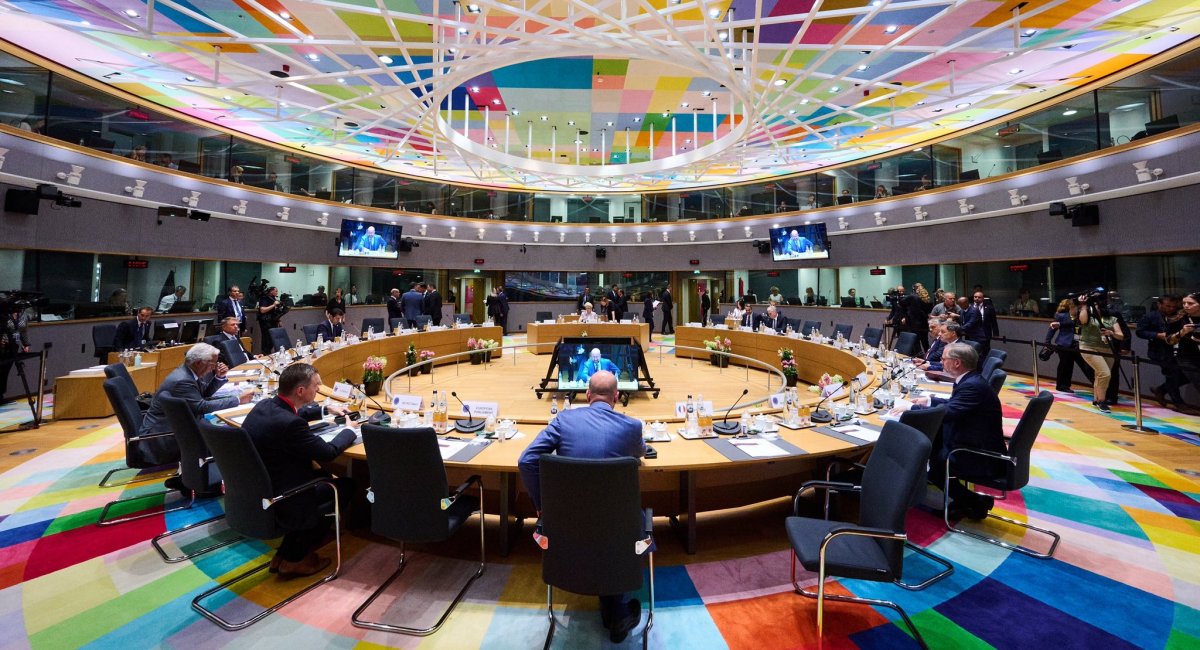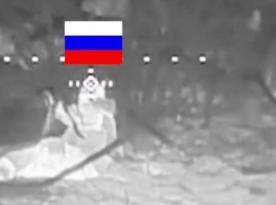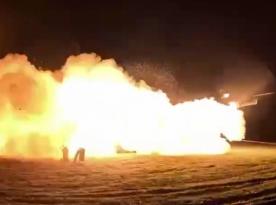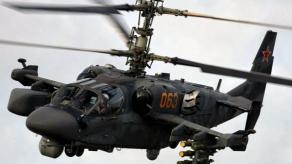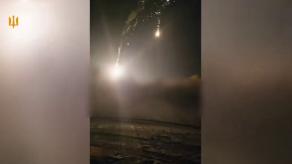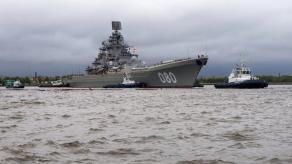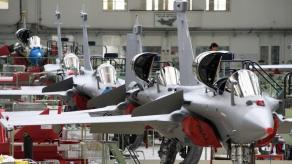On the June 23 EU summit Ukraine and Moldova were granted the status of candidate for accession to the European Union.
The historic decision was announced by the President of the European Council Charles Michel.
Read more: Ramstein-3 Meeting Results: Ukraine to Get Howitzers, MLRS, Helicopters And More
The news was instantly commended by the Head of the Ukrainian parliament and the President of Ukraine. The European Commission drew a direct link between the news and Ukraine’s fighting against russian invasion:
"It strengthens Ukraine, Moldova and Georgia in the face of Russian imperialism. <...> Ukraine has been fighting hard for its European Dream, and on February 24 it was forced to defend this dream on the frontline," said the statement on EU Commission’s social media.
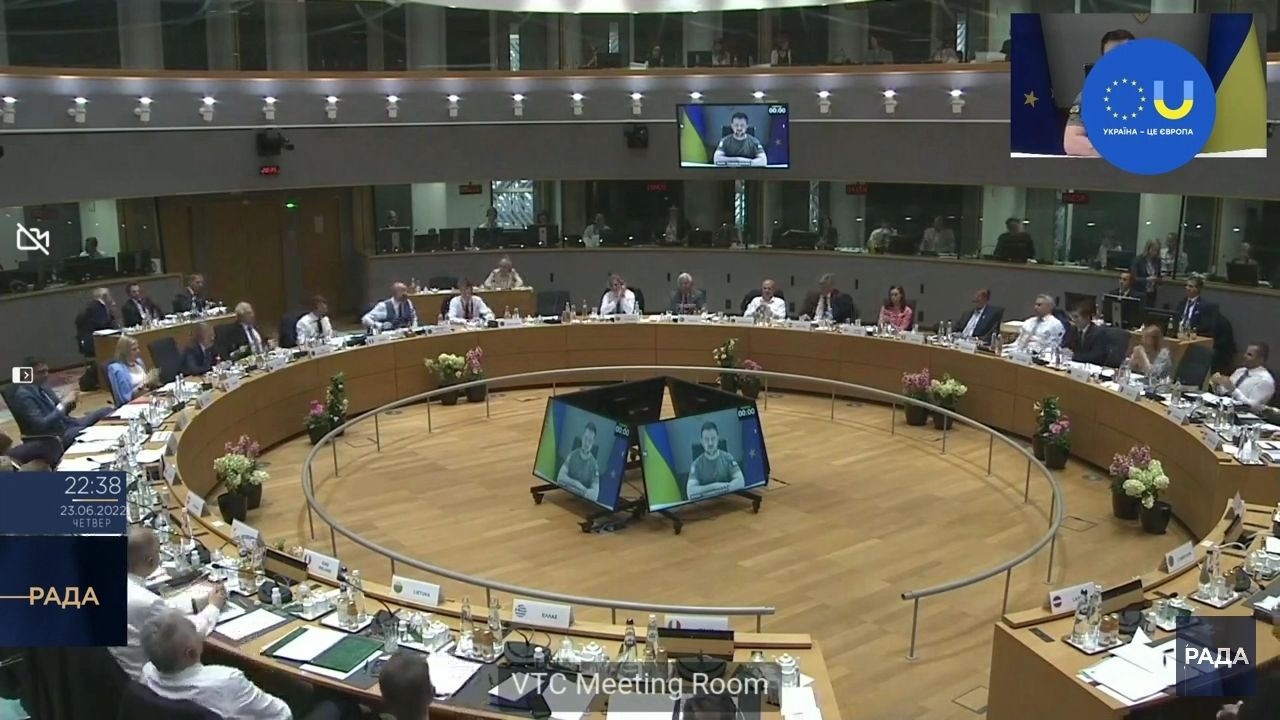
Retrospective
The European Union has started supporting Ukraine even before the russian invasion. On February 23, the EU adopted the first package of sanctions (later on progressing up to six) against russian federation for the recognition of the so-called "L/DPR" puppet states formed of occupied Ukrainian territories as independent entities.
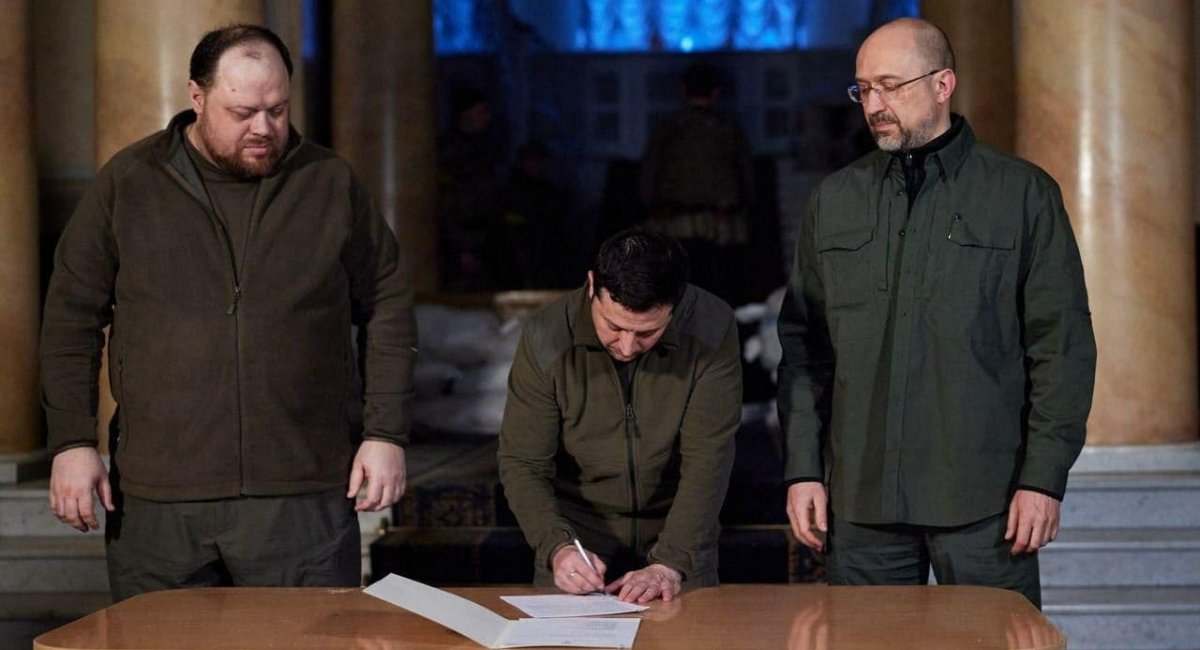
Then, the process of EU accession was triggered. On February 28, on the fifth day of invasion, superior Ukrainian authorities – President, Head of Verkhovna Rada and Prime Minister – signed the Ukrainian Government's application for the membership of Ukraine in the European Union.
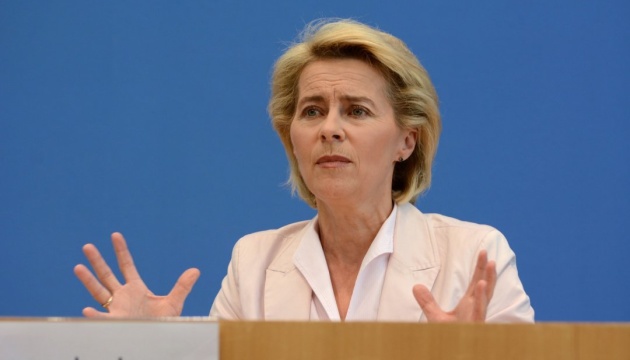
During the visit to Kyiv, European Commission President Ursula Von der Leyen handed over a questionnaire for the EU candidate country status to the President of Ukraine Volodymyr Zelenskyy and said proceeding to the next stage of membership would be "a matter of weeks". It took almost three months though.
In early April, President of the European Commission Ursula von der Leyen handed over a questionnaire for the EU candidate country status to the President of Ukraine Volodymyr Zelenskyy. The document was filed in about a week.
Read more: russia-Ukraine War the First 100 Days Chronology




